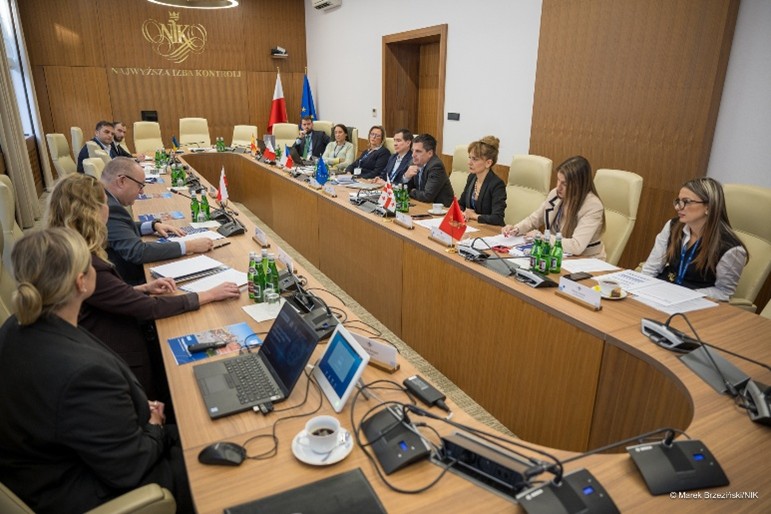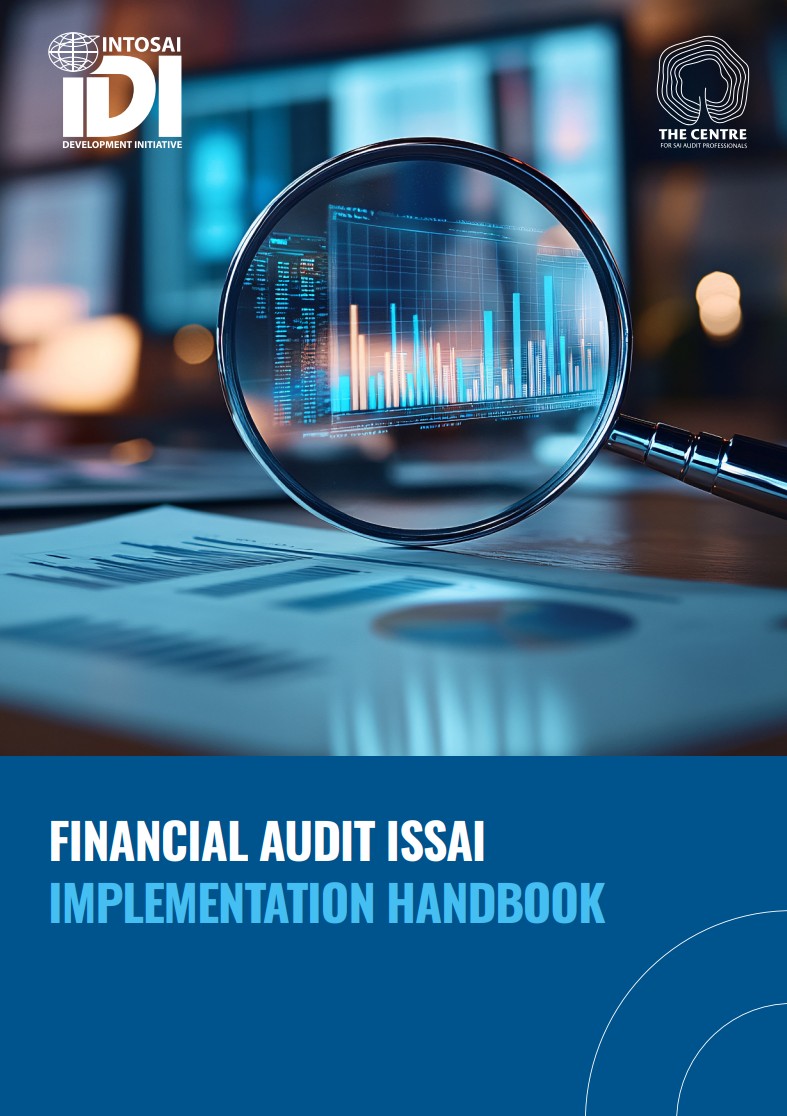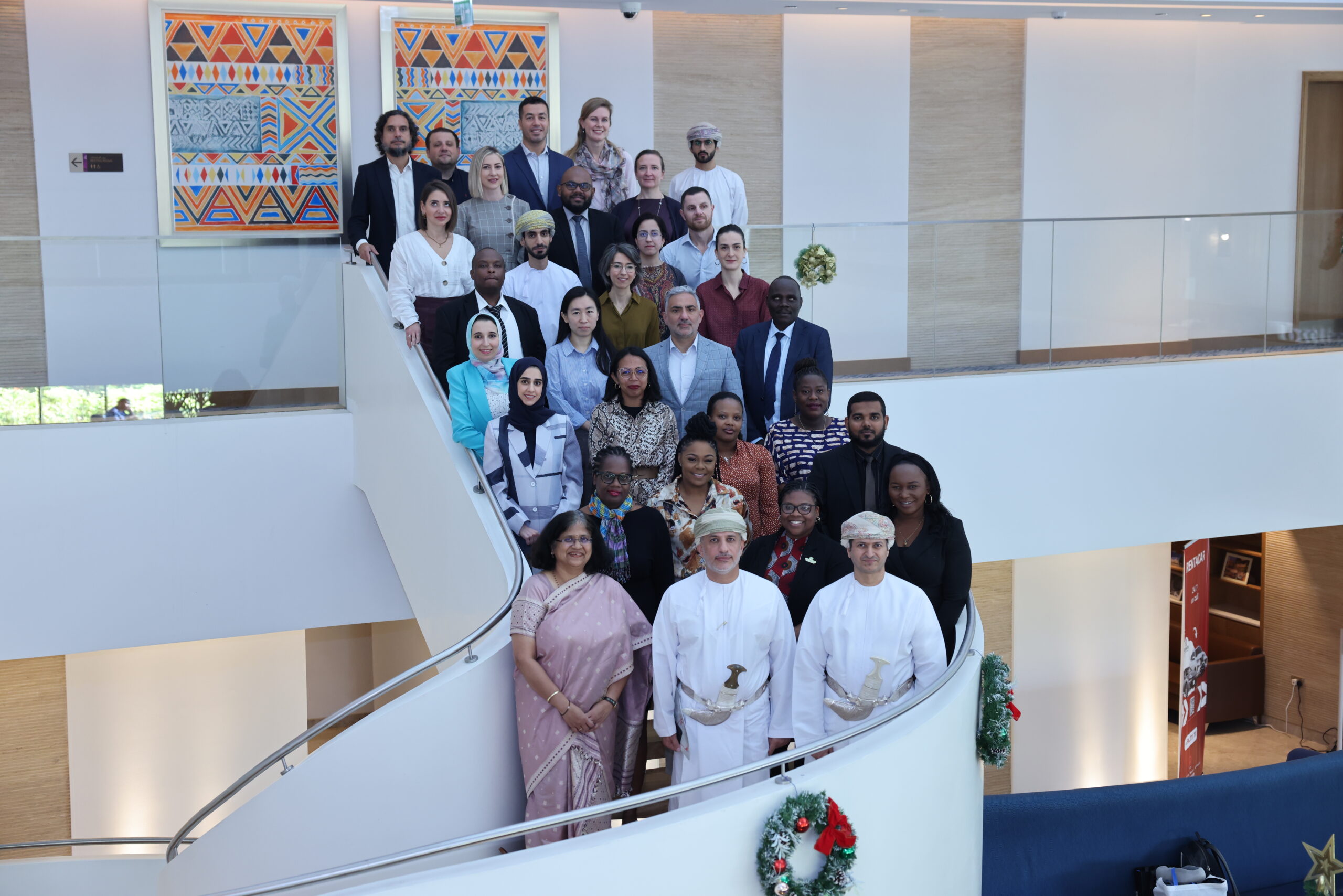It’s a pleasure to feature the recently appointed Chair of IDI’s Board, Karl Eirik Schjøtt-Pedersen, Auditor General of Norway, in IDI’s ‘Meet the Board’ series
Meet the Board: Karl Eirik Schjøtt-Pedersen
Mr. Schjøtt-Pedersen is the Auditor General of Norway and became the Chair of the IDI Board on 1 January 2022. From 2014 to 2017, Mr. Schjøtt-Pedersen served as the Vice Chair of the Office of the Auditor General of Norway’s Board of Directors.
Mr. Schjøtt-Pedersen was a member of the Norwegian Parliament from 1981 to 2009, during which time he chaired the Finance Committee from 1993 to 1996.
He was the Norwegian Minister of Fisheries from 1996 to 1997 and Minister of Finance from 2000 to 2001. He served as Chief of Staff in the Prime Minister’s Office (PMO) from 2006 to 2013, being Minister of the PMO from 2009 to 2013.
You started as the new Chair of IDI’s Board at the beginning of this year. Prior to your current engagement, you have served in many different functions in the Norwegian Government and beyond as well as in a number of Boards and Committees. How is your new role as Chair of the IDI Board similar or different to your previous roles?
First, I would like to emphasise that I am very pleased to be the Chair of IDI´s Board. This position is meaningful to me. IDI´s mission is to work towards effective, accountable and inclusive Supreme Audit Institutions (SAI) making a difference in the quality of public sector governance and service delivery for the value and benefit of citizens. This is all about building and strengthening governance, public financial management and, ultimately, democracy in developing countries.
In other words, IDI is important.
We must constantly remind ourselves what the role of SAIs really is. The people elect the National Assembly, the Parliament. Based upon the trust given to them by the people through elections, the Parliament adopts laws and state budgets. However, the Parliament (the legislative power) is dependent upon the government and the public administration (the executive power) to implement their decisions. Nevertheless, the executive power must be supervised. This is what SAIs all over the world do, and their audits are of crucial importance to democracy and the sovereignty of the people.
To secure and develop independent institutions that oversee how government and public administrations are performing their duties is crucial. However, democracy is backsliding in many countries, and we can never take it for granted. I believe in strong institutions and international cooperation, and I believe that established democracies, like Norway, are obliged to share our democratic knowledge and experience. In short, as the Chair of IDI I want to contribute to strengthening the political system all humans deserve.
Yes, I have served in different functions in both the Norwegian Government and the Parliament, and I´ve had roles in many different Boards and Committees throughout the years. I hope this experience will be useful also in the IDI Board. The way I see it, the most important part of this is the fact that I have seen and faced SAIs from many different angles and positions. However, regardless of my position, I have always stressed the importance of independent public sector auditing to secure transparency and trust between citizens and the authorities.
IDI has started work on a new strategic planning process where we also look at trends and challenges ahead. What do you see as the biggest challenges facing SAIs over the next 10 years?
From my experience, strategic planning processes are very important, and I must say that I quite like them. It is not possible to do everything at once. If you try that, you won`t succeed. We have to choose which areas we want to focus on to reach our goals. In addition, we must not forget this – to choose also means to opt out. I also stress this in SAI Norway, where we have now chosen six main audit areas to obtain our vision and strategic goals. I believe in shorter strategy documents, preferably just a couple of pages. These should form the basis for the daily operations in the organisation.
Several trends and drivers will influence SAIs over the next 10 years according to social, technological, economic, environmental and political dimensions. However, as we all know it is difficult to predict the future. As I have already mentioned, democracy is threatened. That is a major challenge, and it concerns SAIs all over the world.
I would like to highlight four main challenges. These are:
-
SAIs’ independence from the government.
-
SAIs’ abilities to deliver relevant audit reports, for example on topics like climate change and efficiency in the public sector.
-
SAIs’ relation to and dialogue with the parliament.
-
SAIs’ dialogue with stakeholders in society.
Facing these challenges, I believe that IDI should focus on areas where we have a comparative advantage over other providers of support and where we can make a real difference for SAIs.
How is the IDI Board involved in this process and how do IDI Board members add value?
The Board is a driving force in IDI’s strategic planning process. That is an important part of our responsibility as board members. This includes Board discussions on future trends and drivers, strategic questions and options – all of which form the basis of developing IDI’s strategic plan.
The IDI Board members come from Bhutan, Indonesia, Jamaica, South Africa, Sweden, Sierra Leone, Austria and Norway – very different countries and very different SAIs, but I believe that this diversity is highly valuable. It gives us a broader perspective, which is important in strategic planning processes. As a Board, we need to be actively involved in the strategic process and use our different experiences to choose the right target areas.
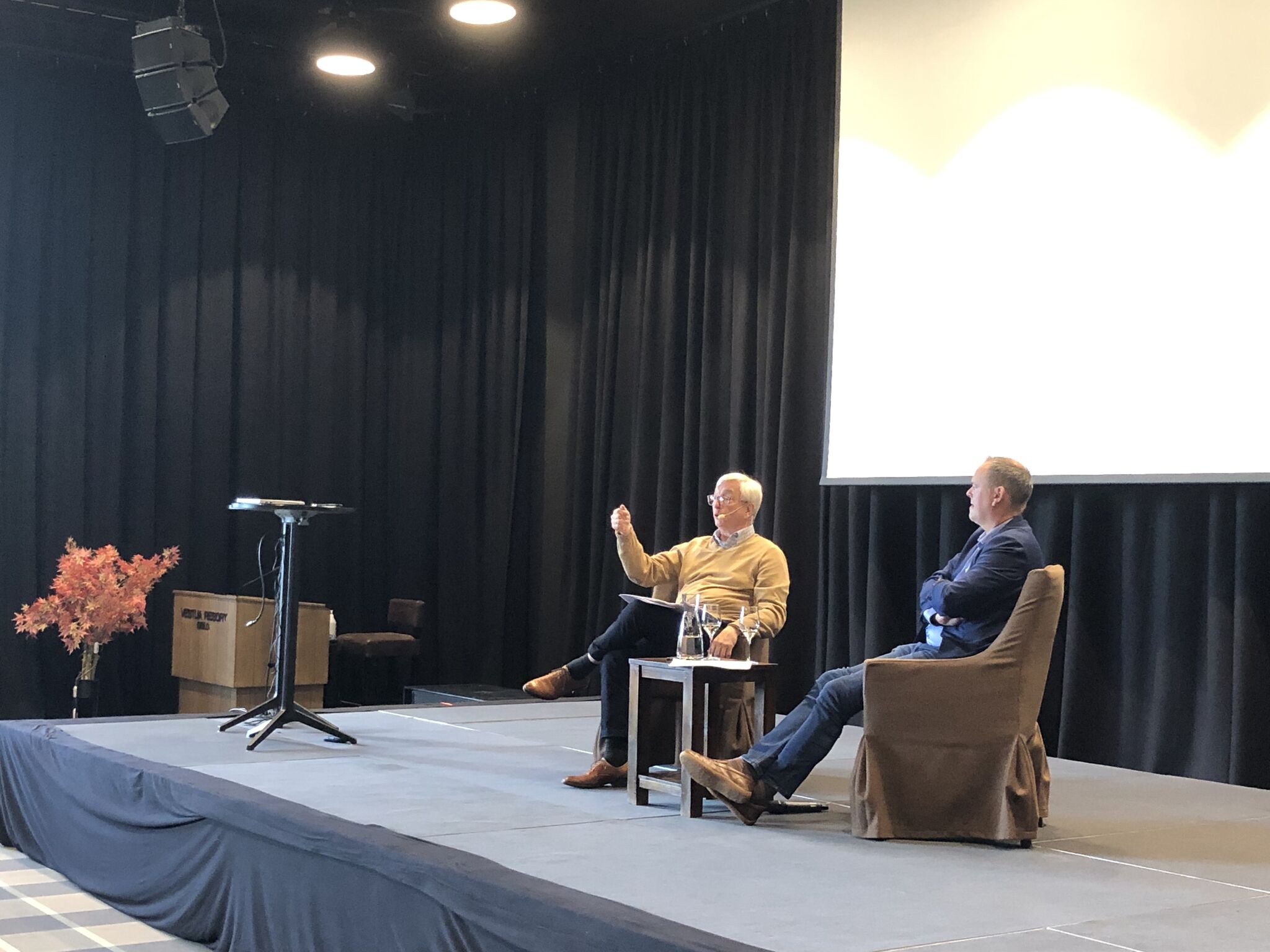
Mr. Schjøtt-Pedersen at IDI’s staff meeting, with IDI Director General, Einar Gørrissen
Initiative
Topics
Recent News
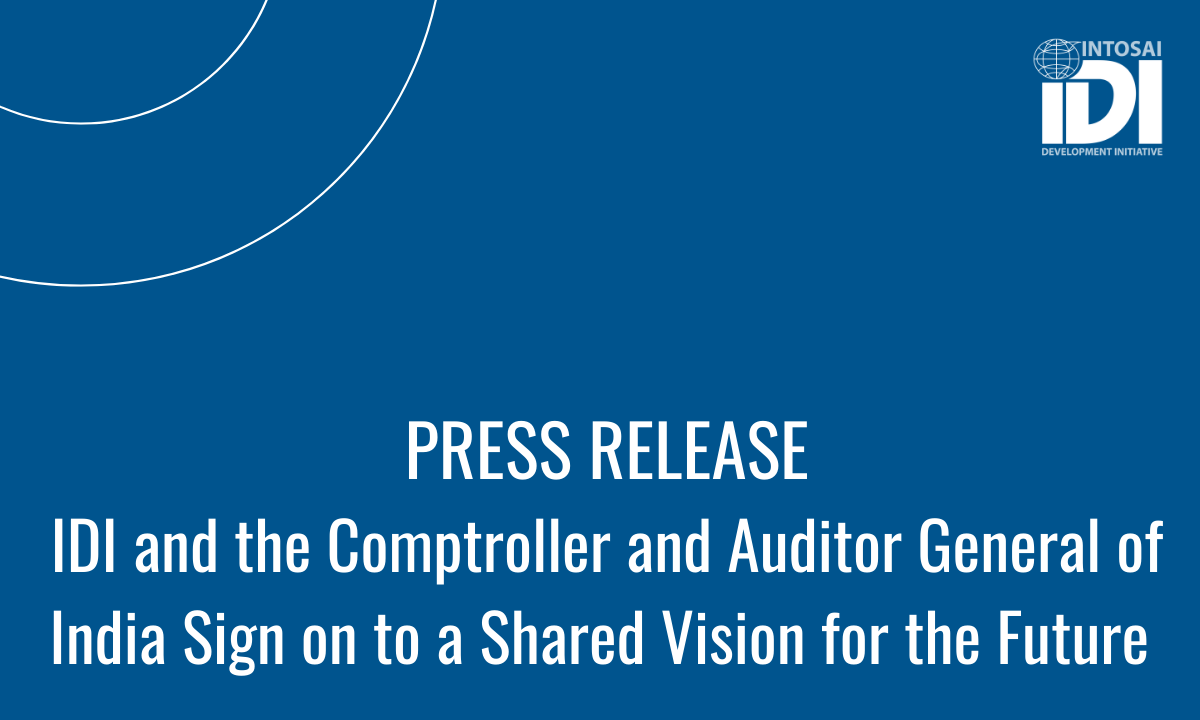
IDI and the Comptroller and Auditor General of India Sign on to a Shared Vision for the Future
Read more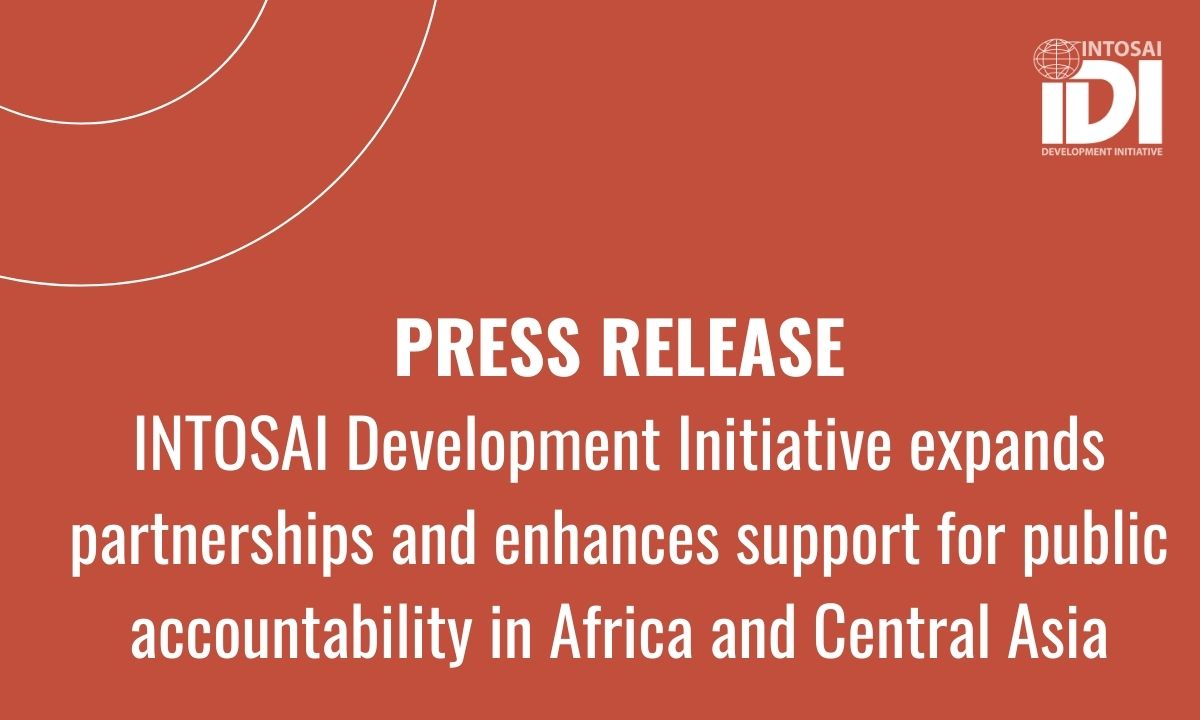
IDI expands partnerships and enhances support for public accountability in Africa and Central Asia
Read more